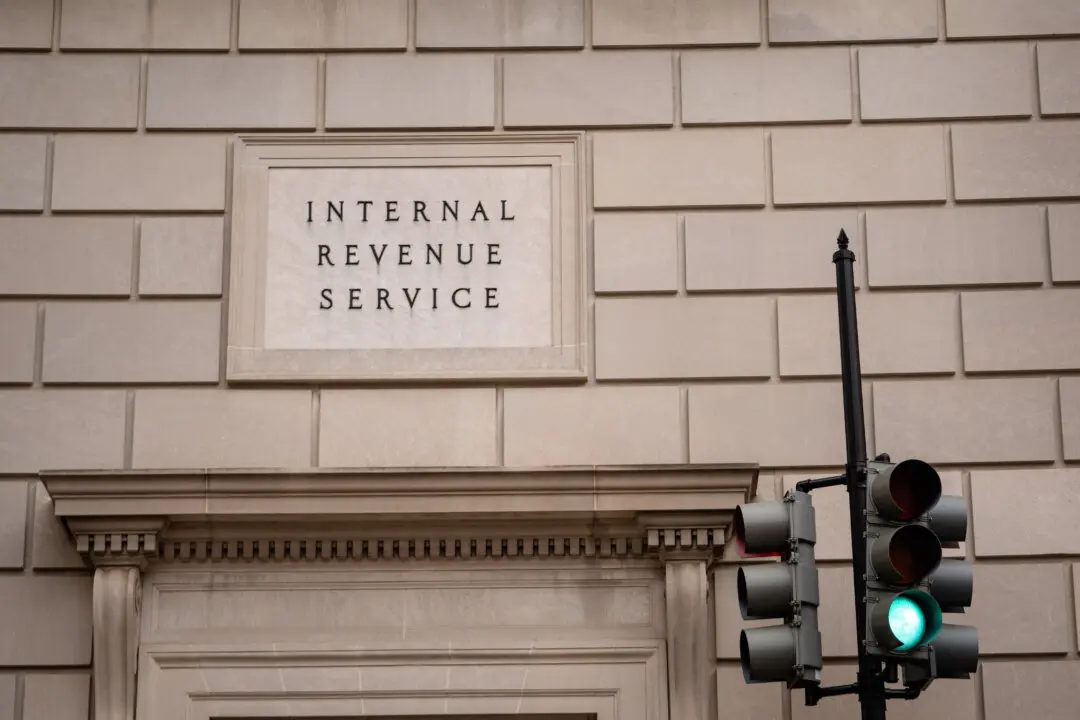One of the four indictments against former president Donald Trump cites the violation of an 1870 law that is aimed at protecting the constitutional rights of American citizens.
Section 241 of Title 18 of the U.S. Code was originally adopted in the United States as part of the Enforcement Act of 1870, designed to protect the rights guaranteed under the 13th, 14th, and 15th Amendments. These amendments, collectively called Reconstruction Amendments, prohibited states from disenfranchising voters on the basis of “race, color, or previous condition of servitude.”





